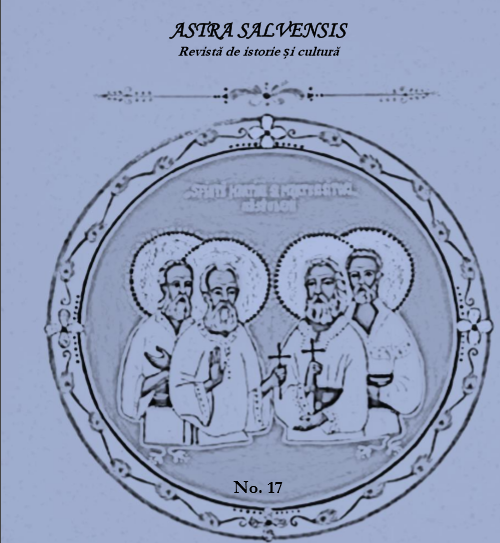Utilizarea Cărților Arhierești de Blestem pe Parcursul Secolelor XVIIIXIX în Spațiul Ortodox, între Necesitate și Abuz. Considerații Istorice, Juridice și Canonice
The use of hierarchy books of curse during the XVIII-XIX centuries in the orthodox space, between necessity and abuse. Historical, legal and canonical considerations
Author(s): Maxim Marian VladSubject(s): Christian Theology and Religion, History of Church(es), Theology and Religion
Published by: Asociaţiunea Transilvană pentru Literatura Română şi Cultura Poporului Român - ASTRA
Keywords: bishops curse books; law; malediction; codes; nomocanonic; orthodox;
Summary/Abstract: The analysis of the bishops curse books issued in the 18th century was sparked by the necessity to describe the evolution of these documents and the role they played in our cultural history. Placing the malediction between the common law and the popular sanction facilitates the understanding of the process through which malediction took roots under the umbrella of coercive prestige and of sanction seen as a prerogative of politics and an attribute of perennial values.This process is doubled by another one, which has legislative power and canonic cover, a process that had begun early in the Romanian countries through the codes of law of Matei Basarab and Vasile Lupu, had continued under the Greek influence and was accomplished through the indigenous legislative initiatives of the 18th century and the beginning of 19th century. The two fundamental operations that facilitated the institutionalization of the curse books and in fact led to establishing the bishop's curse as a distinct species are highlighted by illustrating the relationship existing between the ecclesiastical courts and the princely courts of law. Belonging nomocanonic Byzantine literature, these books hierarchal curse had more than a social utility secular than spiritual, because from the point of view of the patristic tradition, they can be considered as exaggerated or abusive. Unfortunately, their use does not reflect the true evangelical spirit and patristic Orthodoxy characteristic.
Journal: Astra Salvensis - revista de istorie si cultura
- Issue Year: 9/2021
- Issue No: 17
- Page Range: 125-140
- Page Count: 16
- Language: Romanian

